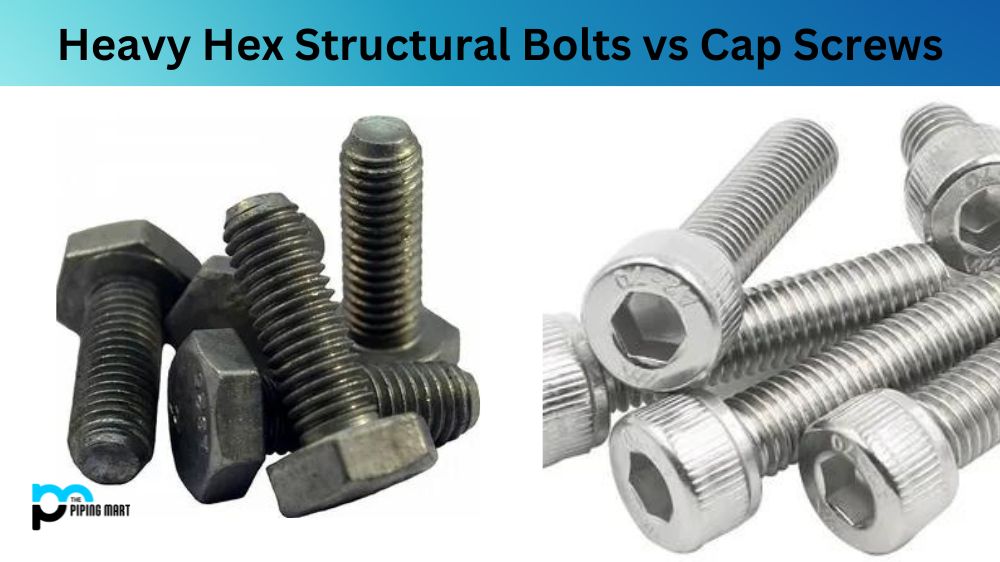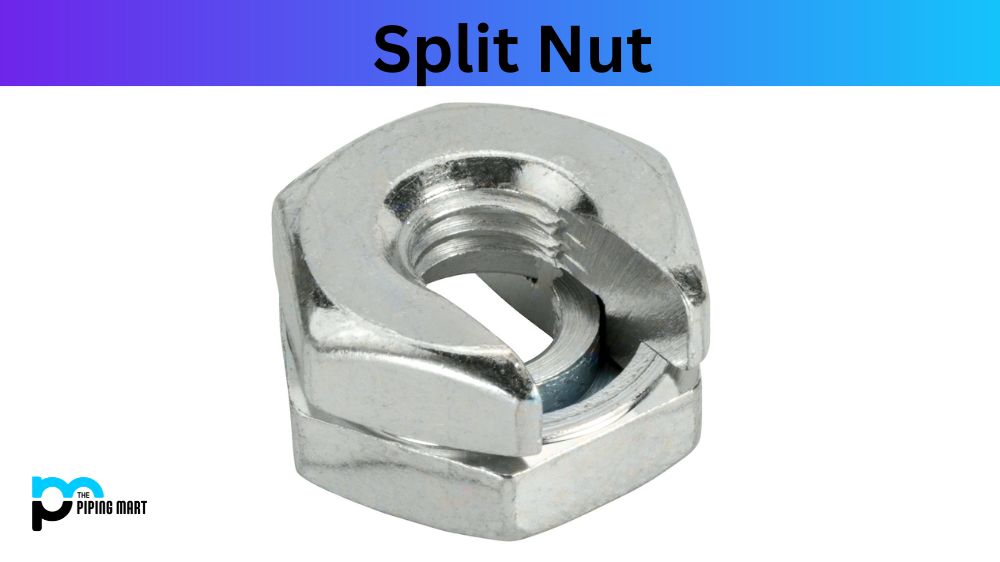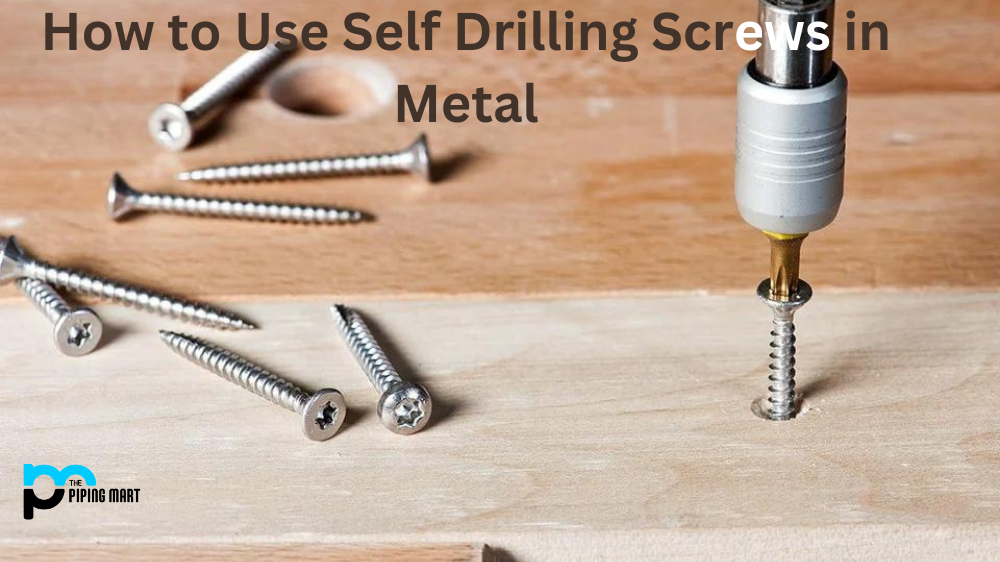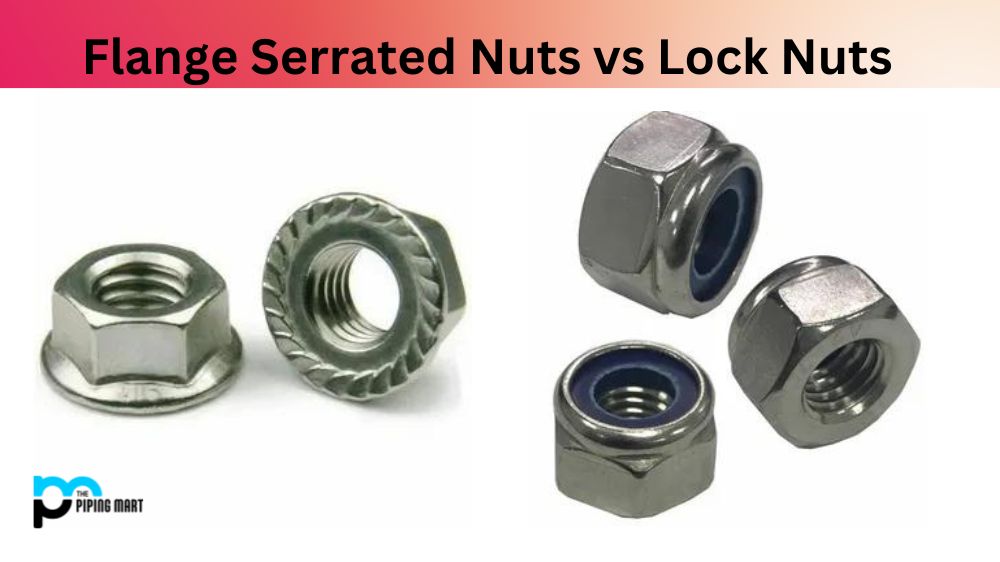Many people often wonder about the difference between heavy hex structural bolts and cap screws when it comes to fasteners. While both are commonly used in construction and engineering, each has its unique features and purposes that set them apart. As an expert in the field, I want to shed some light on this topic and help you understand which one best suits your specific needs.
Heavy Hex Structural Bolts
Heavy hex structural bolts are heavy-duty fasteners used primarily in construction and engineering applications. They are designed to provide an extremely strong connection between two pieces of material, such as steel, wood, or concrete. Heavy hex structural bolts have a larger outer diameter than regular hex head bolts for increased strength and durability. They also feature more threads per inch for added security and stability. Heavy hex structural bolts require considerable installation effort compared to similar fasteners due to their large size and high torque requirements.
Cap Screws
Cap screws are a type of threaded fastener used in external assembly applications. They feature a hexagonal head and an externally threaded shaft, with the threads typically deeper than those found on standard machine screws. They are commonly used to attach objects via pre-tapped holes and offer superior strength to machine or wood screws. Typically made from strong materials such as stainless steel or alloy steel for added durability, cap screws are often plated for increased corrosion resistance and improved aesthetics.
Difference between Heavy Hex Structural Bolts and Cap Screws
Shape and Size –
One of the main differences between these two types of fasteners is their shape and size. Heavy hex structural bolts have a thick, hexagonal head that is larger in diameter than the thread of the bolt itself. This provides a greater bearing surface and helps distribute the load more evenly. Cap screws, on the other hand, have a circular head that is smaller in size and not as thick as the heavy hex structural bolt.
Thread –
Another difference between these two fasteners is the thread. Heavy hex structural bolts have a longer thread than cap screws, which makes them more resistant to vibration and loosening. They also have a coarse thread pitch, so they are better suited for heavy-duty applications requiring greater strength and durability. Cap screws, on the other hand, have a finer thread pitch, which provides greater holding power and allows for finer adjustments.
Strength –
When it comes to strength, heavy hex structural bolts are generally stronger than cap screws. This is due to their larger size and greater bearing surface, which allows them to distribute the load more evenly. Heavy hex structural bolts are also designed to withstand greater stress and tension, making them ideal for high-strength and reliability applications. Cap screws, on the other hand, are better suited for applications where lower strength is necessary, such as those that require fine adjustments or precision.
Material –
Both heavy hex structural bolts and cap screws are available in various materials, including stainless steel, carbon steel, and alloy steel. However, the material used for each type of fastener depends on the application and the environment in which it will be used. For example, stainless steel is a good choice for applications where corrosion resistance is important, while carbon steel is best for applications where strength is the main consideration.
Installation –
The installation process for heavy hex structural bolts and cap screws is similar, but some differences exist. Heavy hex structural bolts require a heavy-duty wrench or socket to tighten them properly, while cap screws can be tightened using a regular wrench or socket. Heavy hex structural bolts also require a washer to distribute the load, while cap screws do not.
Conclusion:
In conclusion, the difference between heavy hex structural bolts and cap screws lies in their shape, size, thread, strength, material, and installation process. Heavy hex structural bolts are typically thicker, larger, and stronger than cap screws and are better suited for heavy-duty applications that require greater strength and durability. Cap screws, on the other hand, are better suited for applications where fine adjustments or precision are necessary. Ultimately, the choice between these two types of fasteners depends on the application’s specific needs and the environment in which it will be used. As an expert in the field, I recommend consulting with a professional to determine the best suits your needs.
Rachana is a dedicated and ambitious young woman who has made a name for herself in the metal industry. From her earliest days in the industry, Rachana showed a natural talent for problem-solving and a keen eye for detail. In her free time, She enjoys reading up on the latest advancements in the industry, as well as exploring new ways to innovate and improve upon existing processes.




